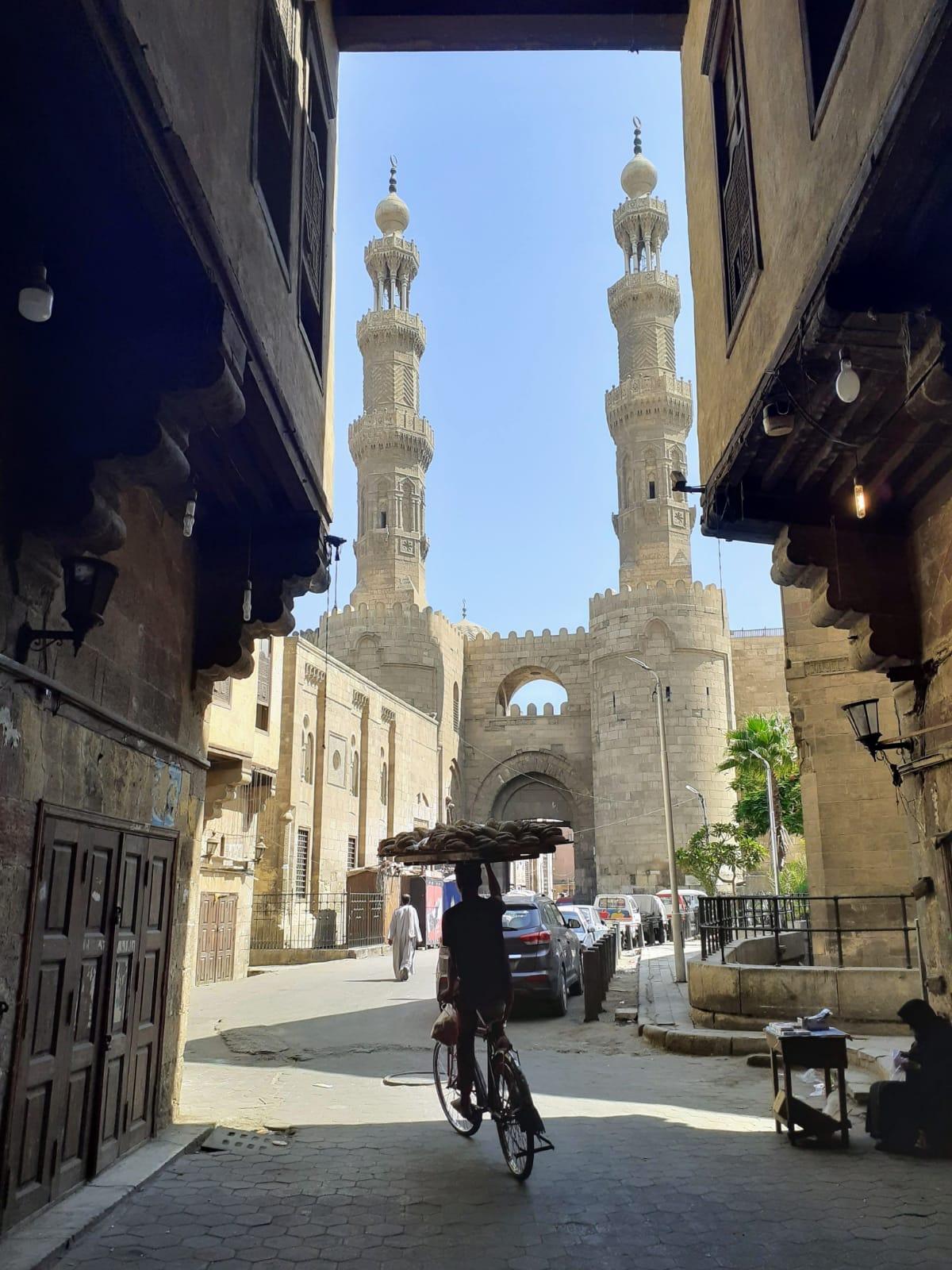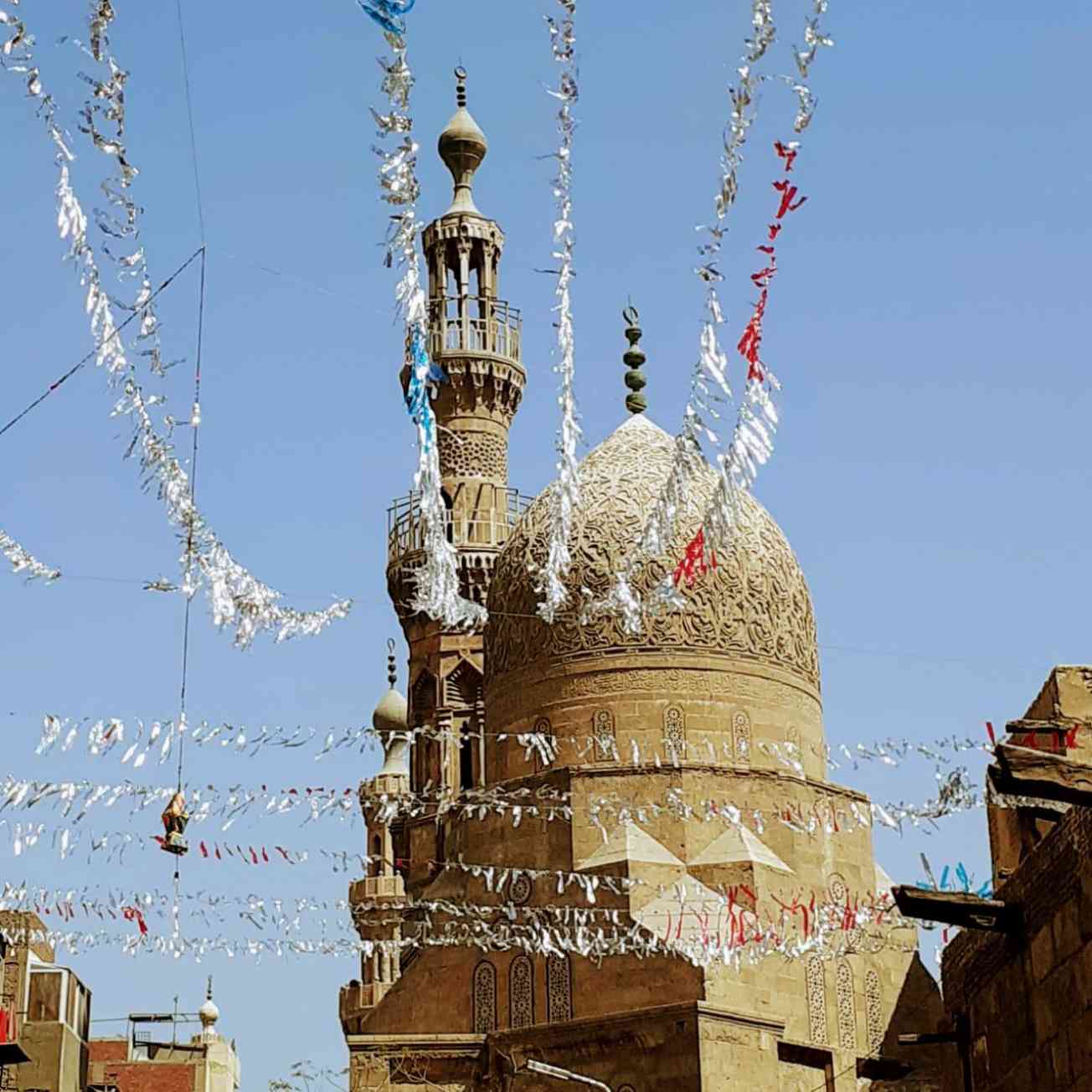
The news in Egypt isn’t great right now. Inflation of food prices was 31% in the past year and it continues to increase right now. Egyptians’ main grain source is wheat, usually baked as aish, Egyptian flatbread. Aish also means “life” in Arabic, which gives you an idea of that bread’s importance here, but most of Egypt’s wheat is imported from Russia and Ukraine and everyone worries if there will be enough aish here soon. 19 Egyptians just drowned in the Mediterranean Sea. 192 people drowned trying to cross the Mediterranean in January and February of this year. Do we even think about them anymore?
We’re moving from Egypt in a few months after four years here. An Egyptian friend told me that she wished she were a refugee because she thought it would be easier for her to move to the US. A South Sudanese friend told me about trying to find enough food for her three children when her husband was in prison because he wouldn’t fight in the war. When he finally got out of prison, they fled but had to leave their two oldest children behind. Her husband told me about when he was an IDP as a child and fleeing from southern Sudan and seeing other children get caught by animals and his nightmares about that. An American friend told me that refugees here just need to work smarter and set up their own businesses and they’d be fine. Another American friend who is a psychologist volunteering with a refugee organization tells me about the experiences of refugees in Egypt who are HIV+. I see Syrian refugees everywhere in Cairo, trying to eke out a living. I’ve also seen a few friends get resettled, after at least 15 years here. I watch the children who moved here at the same time I did and know that they’re not going anywhere for at least 10 years, unless it’s back to South Sudan. And I wonder why the system is so dysfunctional, and especially why countries like Uganda and Pakistan and Lebanon and Bangladesh are left to host so many people.
We’ll be leaving with lots of memories. And we’ve changed. I’ve volunteered with and known refugees and asylum seekers in lots of countries, and Egypt isn’t Lebanon or Uganda, and it’s certainly not South Sudan or Somalia or Palestine, but it’s not where you want to be a refugee. I’ve rarely been able to spend so much time with people who are stuck in the waiting phase of being a refugee, or who are second- or third- or even fourth-generation refugees. At least when you’re in a resettlement country, you feel like you can help new friends get on their feet and move forward with life.
But how do you move forward when being a refugee is your entire lived reality? We like to say that being a refugee is only temporary, but for a lot of people, it isn’t. It certainly doesn’t define them and it shouldn’t limit them, but at some point, it feels like your refugee status will never change. How do we talk about that? How do we find opportunities for people stuck in protracted refugee situations? How do we make sure it’s really temporary? I don’t know, and I wish there were good answers to these questions.

Official Statement on the Detention of Refugees and Ongoing Community Violence
With another death in Minnesota and continued violence toward individuals and groups standing up for their communities, we acknowledge the profound fear and uncertainty people are feeling--not just locally, but across the country.
On top of this, there are reports that refugees invited and admitted to our country through the U.S. Refugee Admission Program are now being detained, meaning that our new friends and neighbors feel that fear most acutely.
Refugees have already fled violence and persecution once. They came here legally, seeking safety. In moments like these, we reaffirm our commitment to building communities where refugees and immigrants can live without fear. Where they can go to work, send their children to school, and build lives of dignity and belonging.
We call for due process, accountability, and humanity in all immigration enforcement operations. We call upon our leaders to demand the demilitarization of our neighborhoods and cities. And we call on all of us to continue the work of welcoming and protecting those who have been forcibly displaced from their homes.